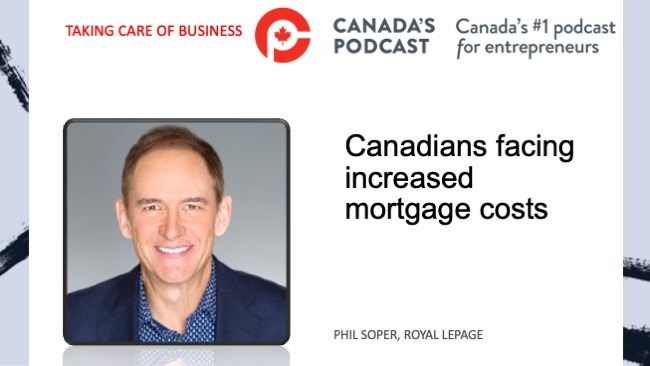The economy has proven more resilient than expected in 2023, according to a new report released Thursday by RBC Economics.

Andre Furtado
“The war in Ukraine continues, but energy costs have fallen back, and global supply chain pressures have further eased. China’s economic growth is slowing, but by now this should be expected as demographic headwinds from an aging population build,” said the report.
“Overheating labour market conditions and a large stockpile of household pandemic savings in Canada might delay the full impact of tighter monetary policy. But the surge in interest rates over the last year will continue to take a toll. Higher prices and interest rates already ate up all of the increase in Canadian household after-tax wage incomes in 2022. And they look on track to do so again in 2023. We continue to think the most likely base case outlook includes at least ‘mild’ recessions in Canada and the United States—although we now expect declines in GDP to start a quarter later (Q3 and Q4 2023) than previously expected.”
Despite a relatively strong start to the year, RBC expects cooler winds to moderate growth in all but one province (Newfoundland & Labrador).
“While slumped investment is likely to keep economic growth in B.C. (+0.6 per cent) and Quebec (+0.6 per cent) constrained this year, a lagging oil and gas sector in Newfoundland & Labrador (+0.7 per cent) and soft consumer spending in Ontario (+1.1 per cent) will keep these provinces growing—though behind the Canadian average (+1.3 per cent),” said the report.
“Though they’ve moderated from their 2022 highs, strong commodity markets are poised to keep Canada’s Prairie provinces at the top of this year’s growth ranking—with Alberta taking the lead (+2.4 per cent), followed by Saskatchewan (+2.0 per cent) and Manitoba (+1.9 per cent). Above trend population growth out east will continue to support a vibrant labour market and strong spending—keeping real GDP growth in P.E.I. (+1.7 per cent), Nova Scotia (+1.5 per cent), and New Brunswick (+1.4 per cent) in the middle of the pack.”

Mario Toneguzzi
(Mario Toneguzzi is Managing Editor of Canada’s Podcast. He has more than 40 years of experience as a daily newspaper writer, columnist, and editor. He worked for 35 years at the Calgary Herald, covering sports, crime, politics, health, faith, city and breaking news, and business. He works as well as a freelance writer for several national publications and as a consultant in communications and media relations/training. Mario was named in 2021 as one of the Top 10 Business Journalists in the World by PR News – the only Canadian to make the list)
About Us
Canada’s Podcast is the number one podcast in Canada for entrepreneurs and business owners. Established in 2016, the podcast network has interviewed over 600 Canadian entrepreneurs from coast-to-coast.
With hosts in each province, entrepreneurs have a local and national format to tell their stories, talk about their journey and provide inspiration for anyone starting their entrepreneurial journey and well- established founders.
The commitment to a grass roots approach has built a loyal audience with over 120,000 downloads and thousands of subscribers on all our social channels and YouTube. Canada’s Podcast is proud to provide a local, national and international presence for Canadian entrepreneurs to build their brand and tell their story.





